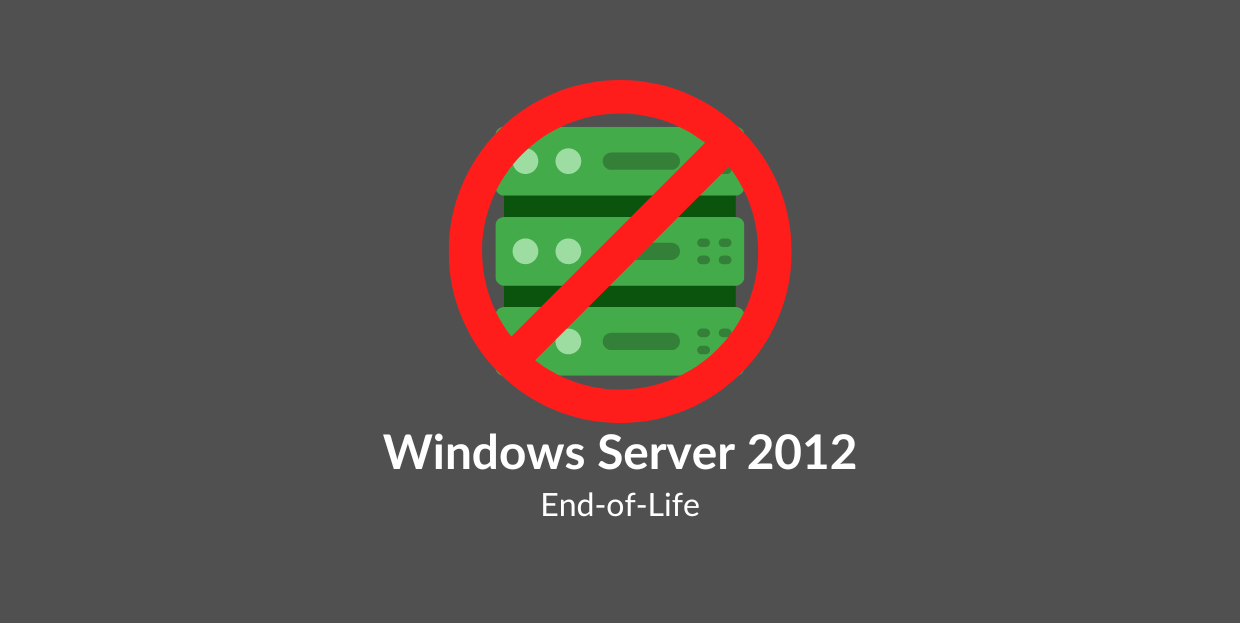Cyber criminals targeting small businesses during tax season

It’s tax season — this is how email scammers are trying to fool you
It’s tax season, so brace yourself for email scams. As the April 15 deadline for tax filings approaches, scammers are targeting businesses with tax-related phishing emails and fake websites.
Small business owners are a hard-working and busy bunch—which makes them even more ideal targets for unscrupulous tax scammers. Tax scams can strike at any time of year, not just at tax season.
Fortunately, taking some simple precautions can help protect your business from tax fraud.
Here are some of the most common business tax scams and how to avoid falling prey to them.
Types of tax scams
Phishing scams
These emails look like they’re coming from your accountant, tax preparer, bank, the IRS or other legitimate source. They often use “spoofing”—creating fake email addresses that look almost like the real thing (such as 1RS.gov instead of IRS.gov). They may ask for bank account numbers, EIN or Social Security numbers, credit card numbers or other financial information. They may include links to a fake site that looks like a trusted site, such as your business bank or the IRS website, or may have an attachment that contains malware or a computer virus.
Telephone tax scams
Scammers call business owners claiming to be IRS employees. They tell you that you owe the IRS money and need to pay it via wire transfer, gift card or other particular method. To intimidate you, they may threaten you with arrest, suspension of your business license, or suspension of your driver’s license. This scam often targets immigrant business owners and threatens them with deportation. In some cases, the caller claims you are due a tax refund and tries to get personal information from you.
Charity tax scams
Scam artists set up fake charities whose names or website URLs are close enough to those of legitimate charitable organizations to cause confusion. Your business makes a tax-deductible donation, only to find out later that the charity doesn’t exist and the donation is not tax-deductible.
W2 tax scams
Cyber criminals send spoofing emails that appear to come from within your company, asking HR, payroll or accounting for W-2 forms for your employees. They then sell the personal information on the forms or use it for identity theft or tax fraud.
How to protect your business from scams
Don’t click on tax emails
Bottom line: Refrain from clicking on emails that purport to contain sensitive information. Since the IRS doesn’t initiate contact via email, you know any email from them is fake. If you see an email advertising news from TurboTax or another tax program, go directly to the website to check your account. Remember, these entities will generally not ask for sensitive information like a Social Security number via email. Go with that gut feeling. Being suspicious is always your first line of defense.
Check the true sender
If you receive a suspicious email, check for more specific details about the sender of a message, including the sender’s email address, by clicking on the arrow next to the sender on most email clients. Often, emails from scammers use an address that’s just slightly different than a valid one. Scammers can obscure their actual email addresses through certain email clients. If the email is not secure, it is more likely to be a scam.
Password Protection
Use strong passwords to protect online accounts and use a unique password for each account. Longer is better, and don’t hesitate to lie about important details on websites since crooks may know some of your personal details.
Implement Multi-Factor Authentication
Use two- or multi-factor authentication when possible. Two-factor authentication means that in addition to entering your username and password, you typically enter a security code sent to your mobile phone or other device.
Keep your information safe by remaining alert – and when in doubt, assume it’s a scam.
For small business advice, contact us.
Explore more on:





